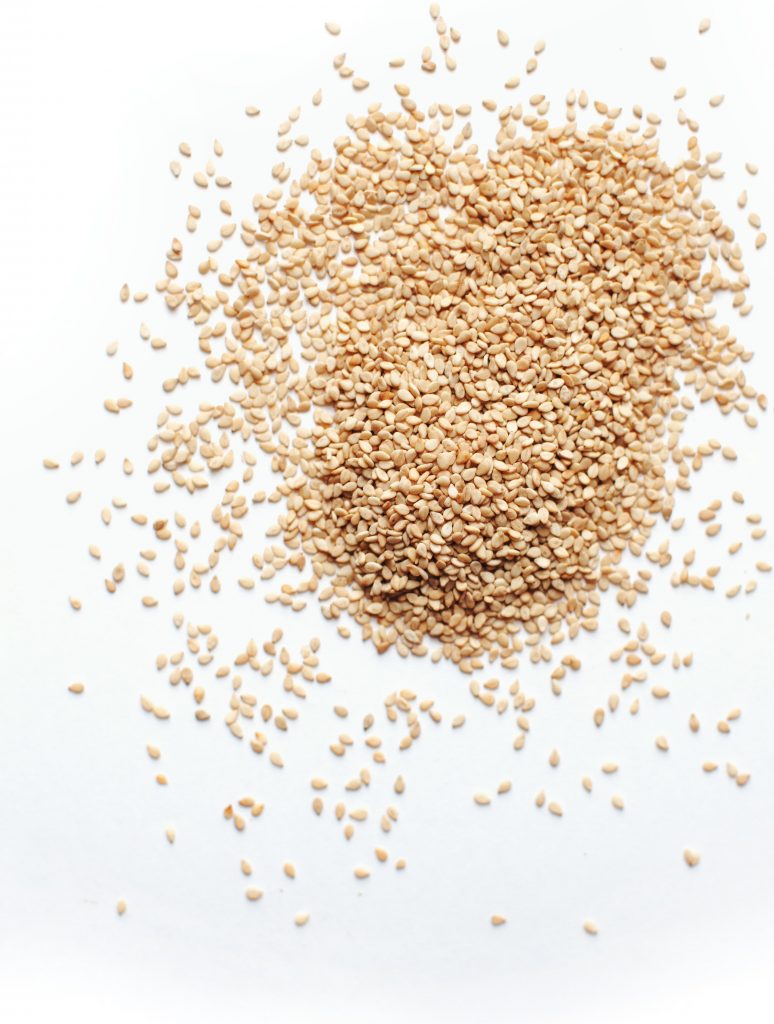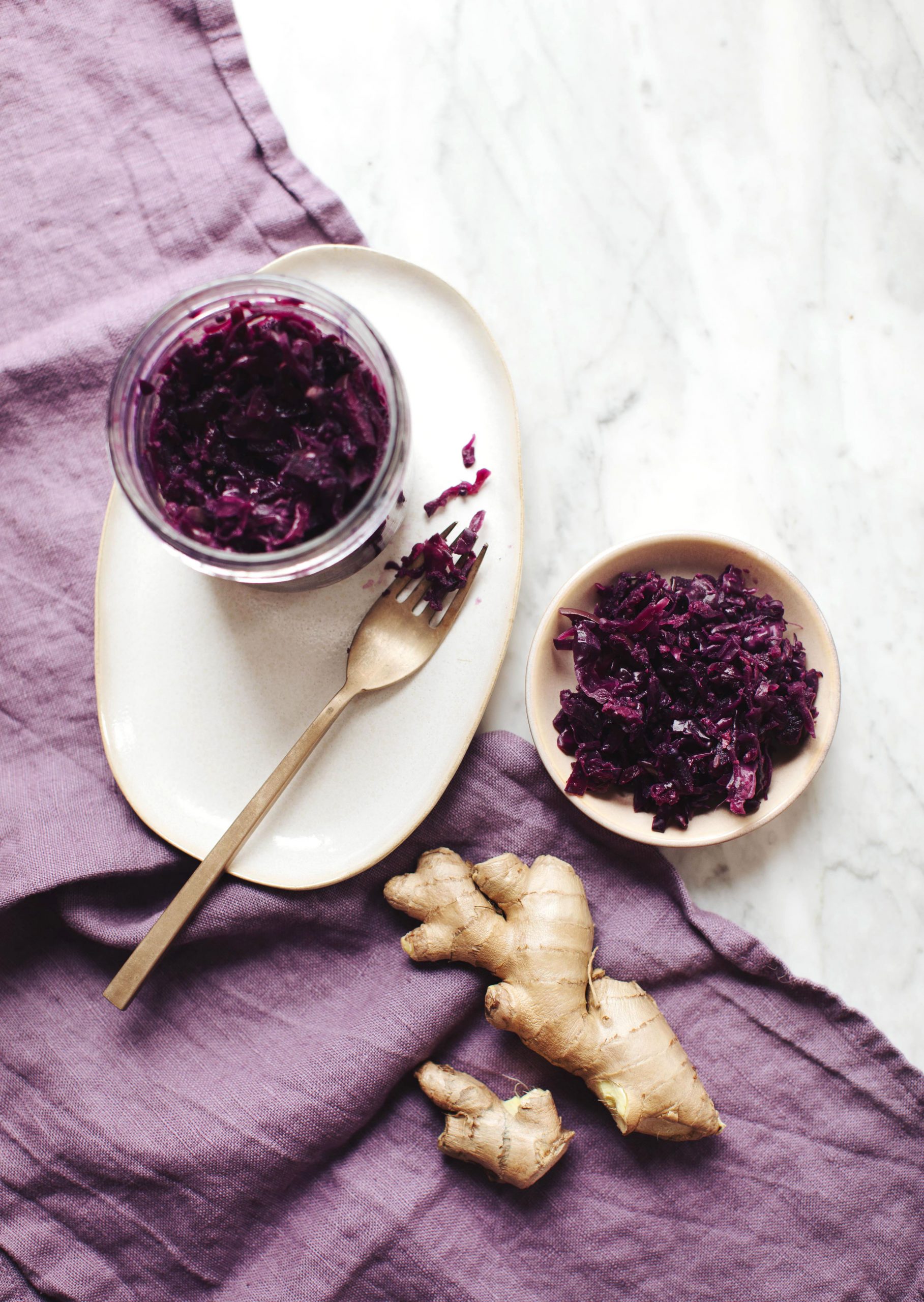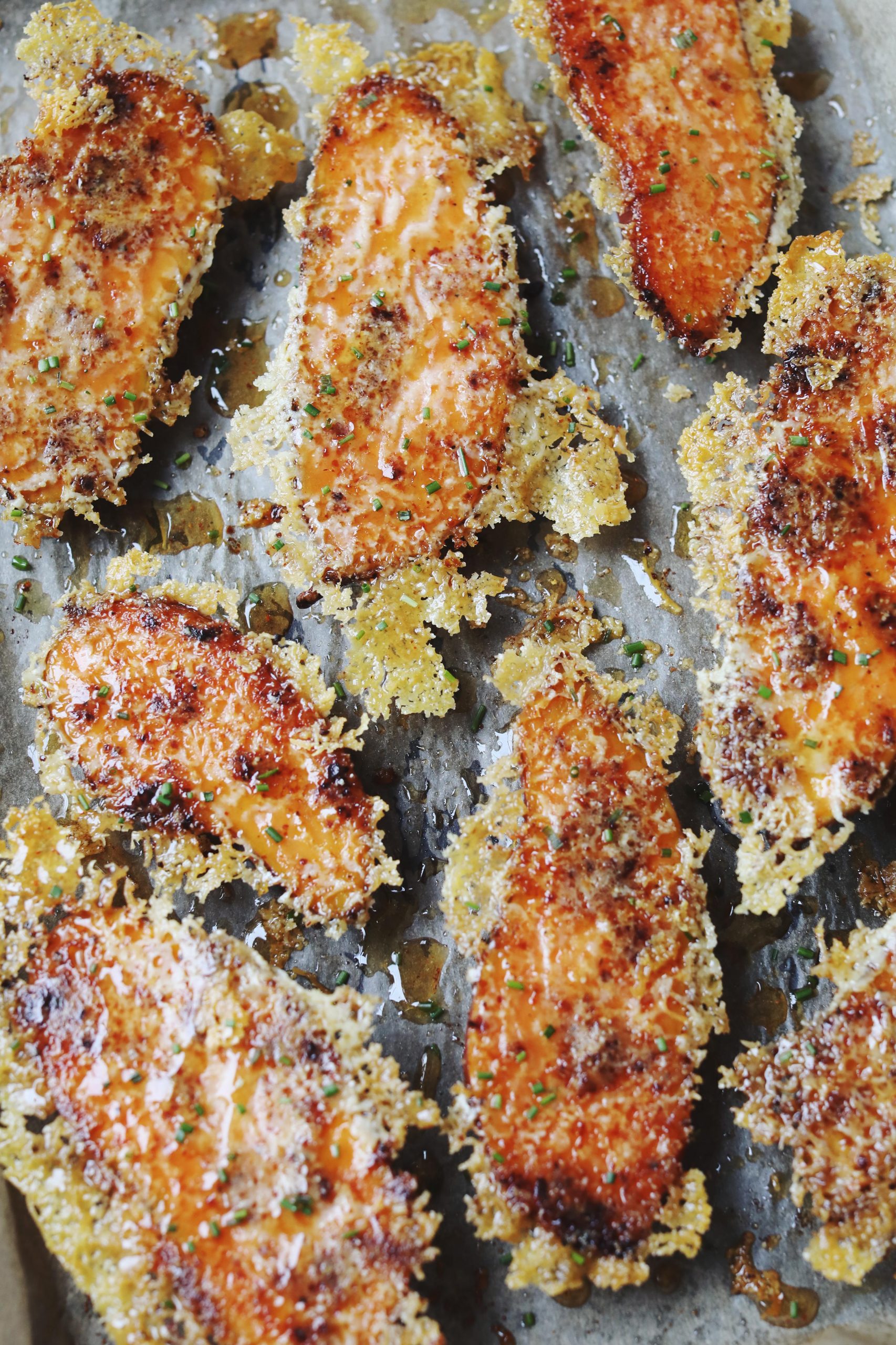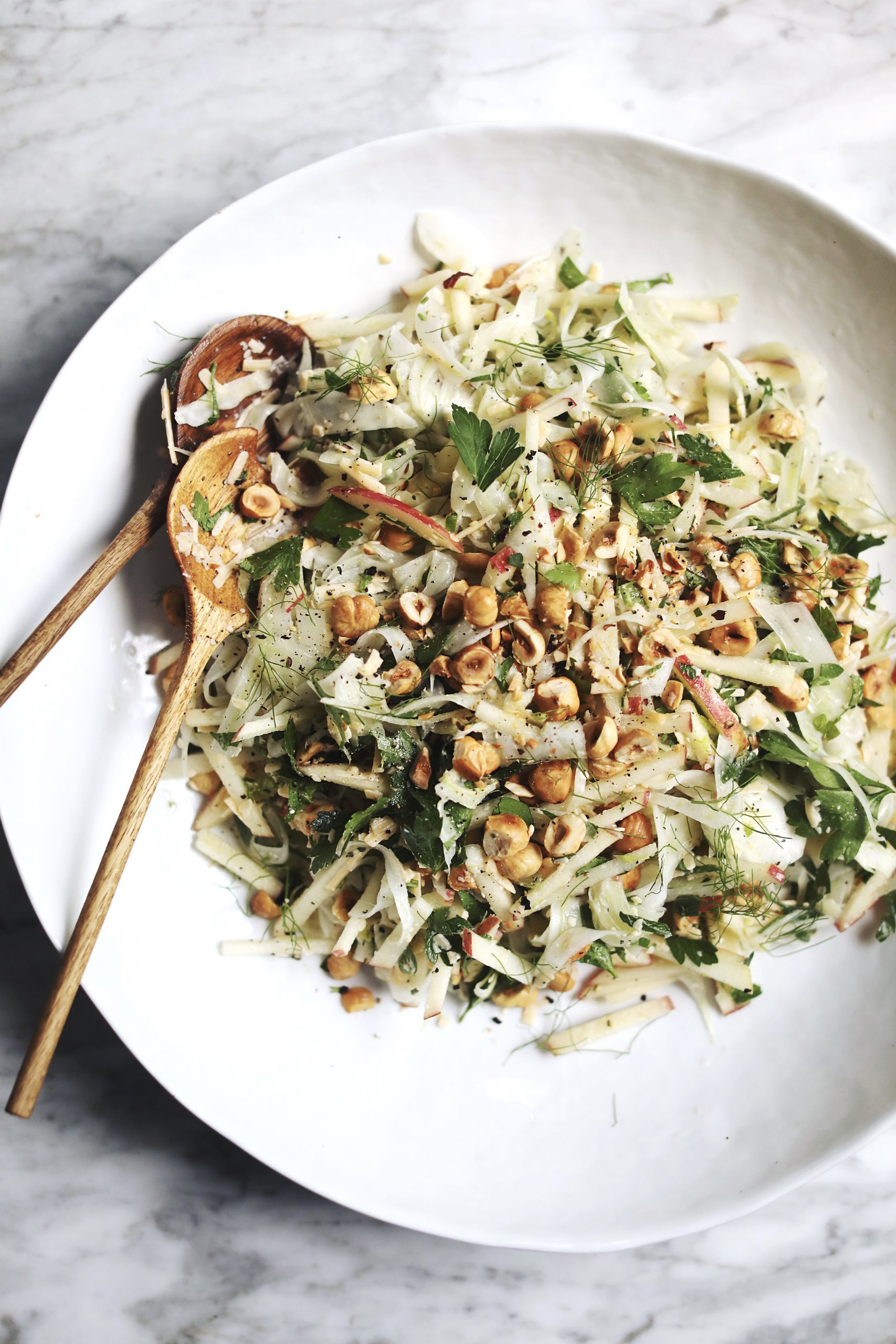Adding flavour and texture to many of the world’s cuisines, sesame seeds are available both hulled and unhulled. The unhulled seeds are darker in colour and tend to vary more in shade from seed to seed, whereas hulled sesame seeds are uniformly white. The unhulled seeds still have the bran intact and are a much better source of calcium, iron, and phosphorus then those without the bran. Once the bran is removed the fats tend to turn rancid quite quickly, so store these in the fridge or freezer. Sesame seeds are also commercially available in red, yellow and black varieties, their flavours varying slightly between hues.
- Sesame seeds are an excellent source of copper, which provides relief from rheumatoid arthritis.

About Seeds
Seeds are concentrated, high-energy foods that are always good to have on hand in your pantry. Seeds are typically the best sources of vitamin E and plant-based essential fatty acids.
Seeds are healthiest consumed after they have been soaked for some hours to improve their digestibility and increase their nutritional value. Raw, unsprouted nuts and seeds are difficult to digest.
Buying
To ensure quality, visit a shop you know has a high turnover to ensure freshness and taste the seeds before purchasing. Purchase organic whenever possible, as pesticides and toxins tend to accumulate in high fat food, such as seeds. Never buy roasted seeds, or those processed with oil, salt, sugar, or other additives. Pre-roasted seeds contain rancid fats and are a source of harmful free radicals. Seeds should always be purchased raw and toasted at home if desired.
Storing
Store hulled seeds in glass containers in a dark, cool place – heat and light speed up oxidation. Seeds will keep at room temperature for one to three months. The fridge is an idea place as it is both cold and dark; storing here will ensure freshness for up to six months. Do not store seeds in plastic.



